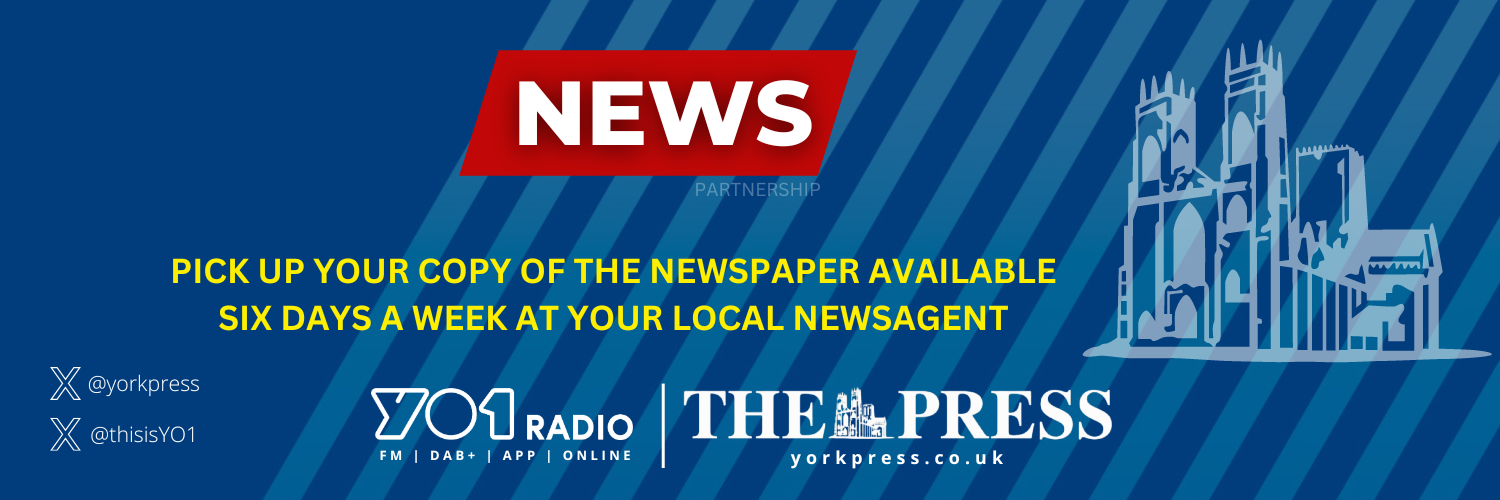
Councillors have agreed new guidelines on pavement café licences, introducing a local accessible long-term approach from January 2023. This updates the Government’s deregulated licensing approach during the pandemic.
In a bid to address the issues identified in deregulated fast-track café license arrangements in place during the covid pandemic, a review was carried out on council’s pavement café licensing guidance and process. The new guidelines were drawn up with the support of independent access consultants and in consultation with disabled residents. This collaborative approach will continue with the support of a new panel, where York groups and communities will be able to feed back on their experience of the new guidance. This will inform any future licence reviews, possible access improvements and enforcement action, if and where required.
The new guidance on acquiring a fast- track pavement café license for businesses includes:
- Pavement cafés in pedestrianised streets are only allowed on footways if 1.5 metre width remains for people to get past (width increased to 2 metres in high footfall areas such as at busy junctions or near bus stops).
- In footstreets where there is level access between footways and carriageway (for example in Coney Street), licences may be issued for pavement cafes to cover the full width of the footway.
- Pavement cafes will be allowed in street parking bays where sufficient parking and loading capacity - including for Blue Badge holders - remains, and where the café area can be protected from any passing traffic. The licence holder will be required to cover all associated costs including changes to the permanent Traffic Regulation Orders (TROs), and changes to the kerb line or other protection measures.
Businesses who do not qualify for the fast-track license by fulfilling the 1.5m clear footway rule, will still be eligible to use the pre-covid route through a planning application.
Further to updated guidance on use of pavement space, the use of parking bays and strengthening of enforcement action, the approved guidelines will also see information and support to businesses improved as well as require the licence holder to undertake counter terrorism training to build on work to protect everyone in the city centre.
Councillor Andy D’Agorne, Executive Member for Transport, said: “I’m very pleased that this new guidance drawing on the lived experience of disabled people and the expertise of independent access consultants will bring better access on pavements within the footstreets. It also provides clarity for the future to ensure that businesses can play an important part in keeping people safe around their premises.”
Councillor Ashley Mason, Executive Member for Business and Strategic Planning, said: “It’s important that businesses have clear and consistent guidance necessary to provide accessible, safe and regulated pavement cafes. The opportunity to acquire a café license through a quick and deregulated approach was vital in supporting local businesses during the pandemic. However, as emergency public health measures have ended, it’s important that we set in place a long-term accessible approach to outdoor café culture in the city to support a thriving, safe and accessible city centre in the post covid world.”
The guidance is being updated at www.york.gov.uk/PavementCafeLicences
The full report considered at a meeting of Full Council can be viewed at: https://democracy.york.gov.uk/ieListDocuments.aspx?CId=331&MId=13697


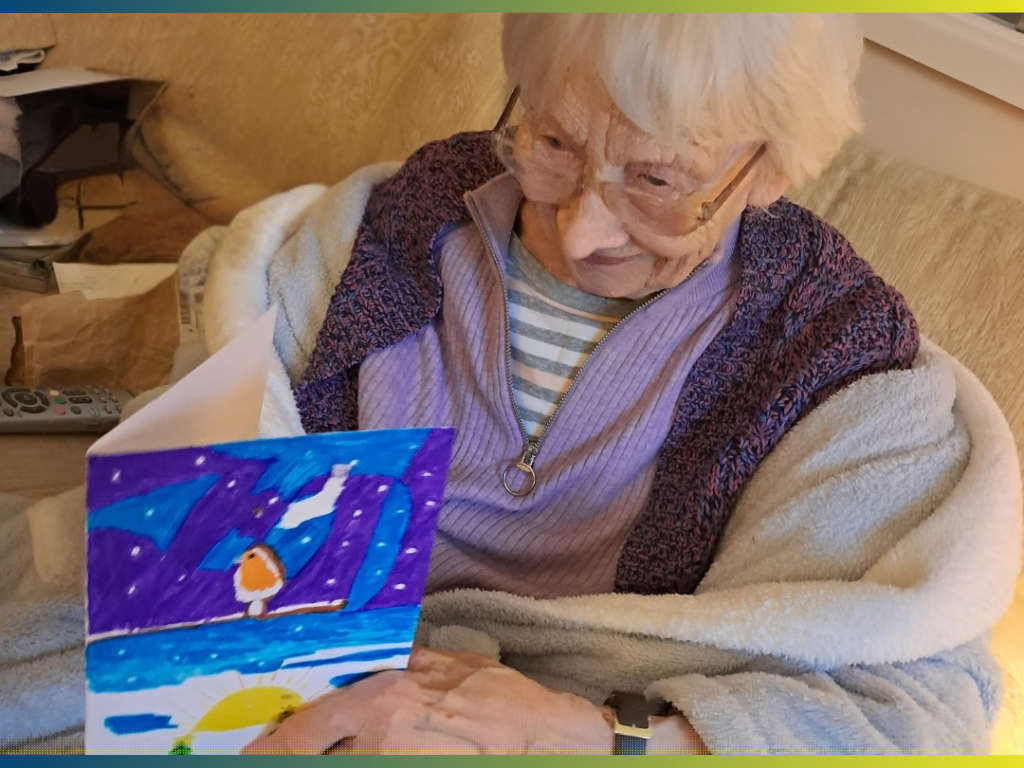 Heart-Warming Response To Age UK York's 'Stamp Out Loneliness' Campaign
Heart-Warming Response To Age UK York's 'Stamp Out Loneliness' Campaign
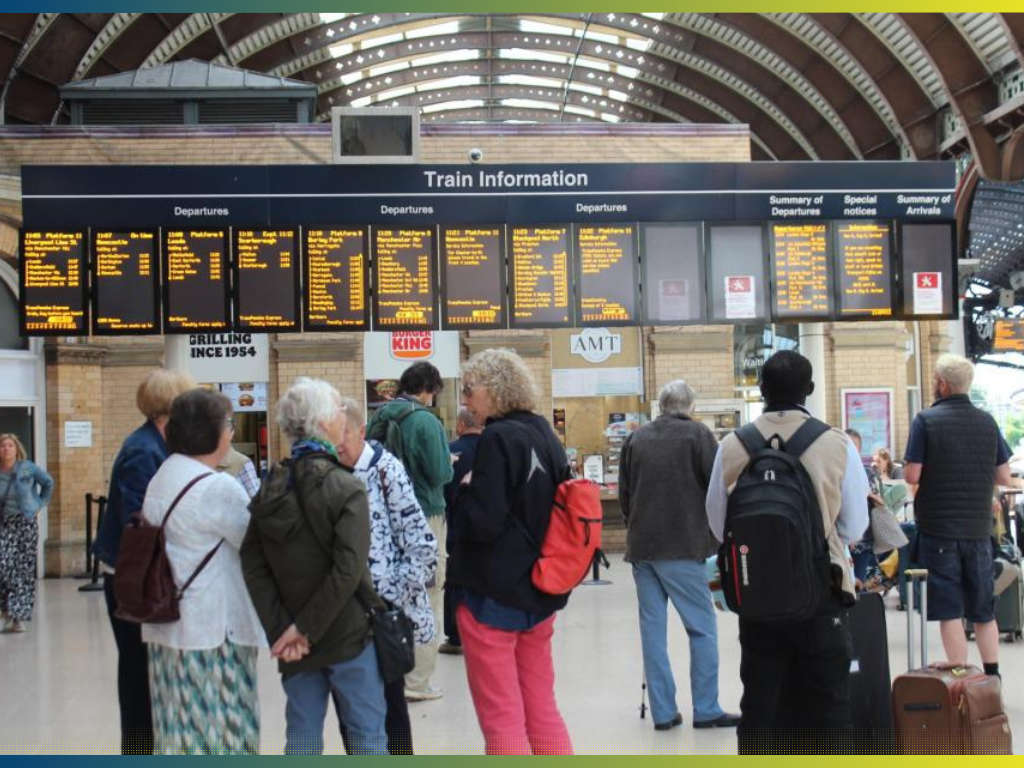 LNER And TransPennine Express To See Major Service Changes
LNER And TransPennine Express To See Major Service Changes
 Disability Friendly Equipment to be Installed in York Village Play Area
Disability Friendly Equipment to be Installed in York Village Play Area
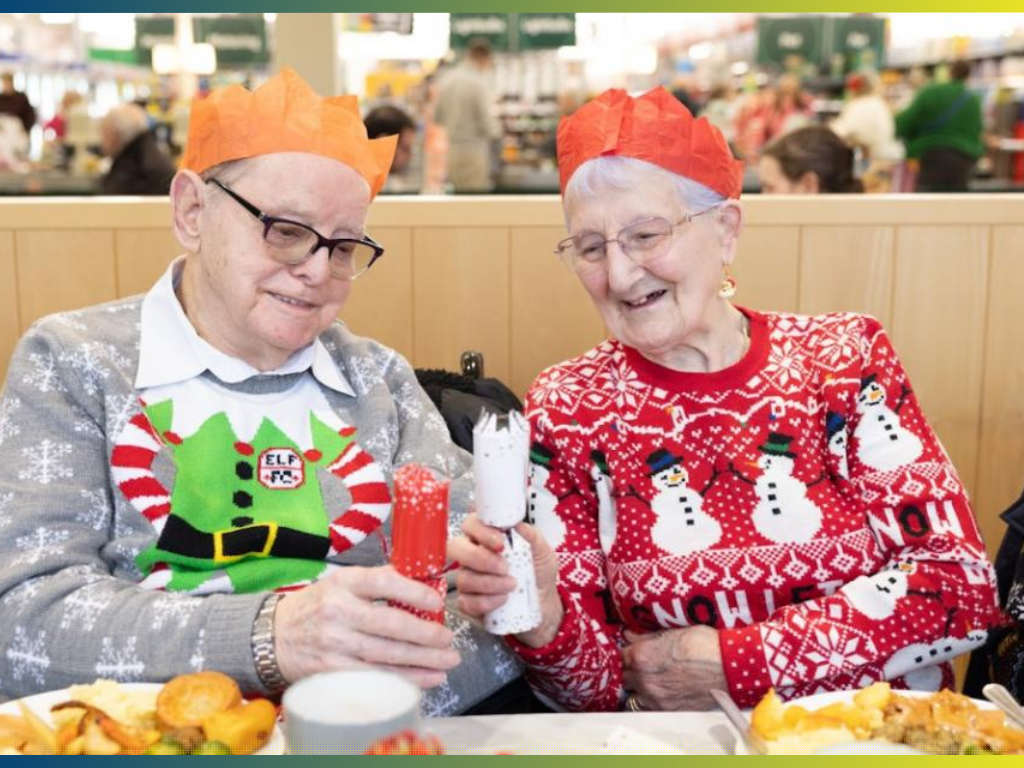 Morrisons Are Hosting Free Pensioners' Christmas Lunches In Its Cafés
Morrisons Are Hosting Free Pensioners' Christmas Lunches In Its Cafés
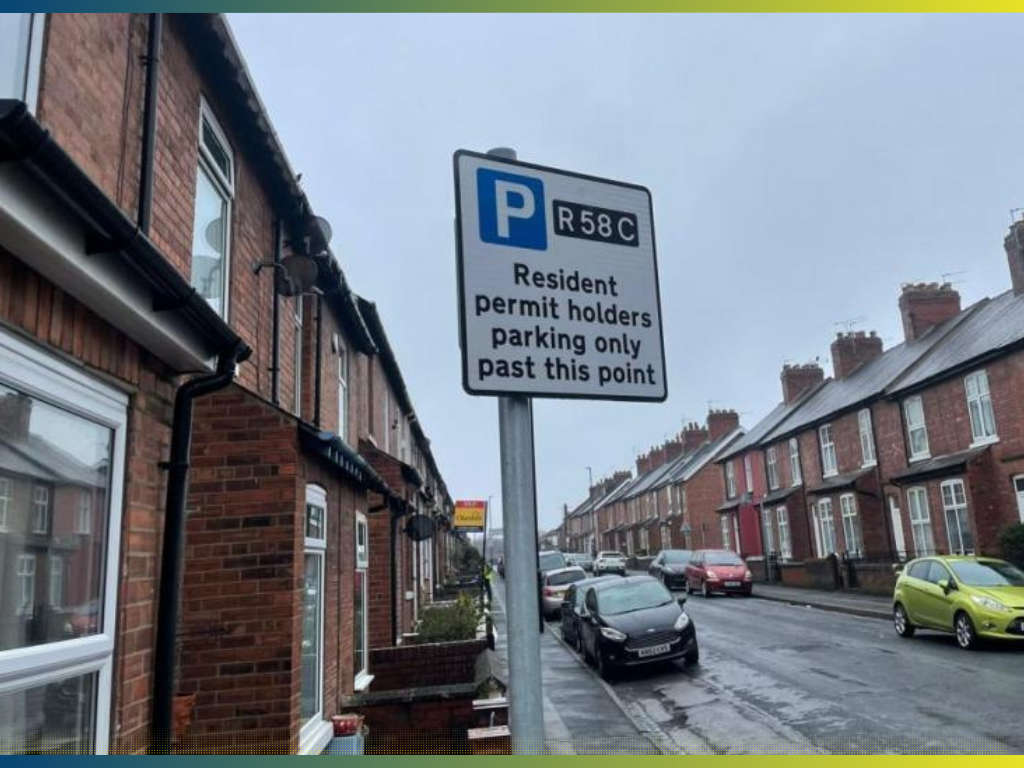 Some Could Pay Less and Others More for HMO Parking Permits Ahead of Decision
Some Could Pay Less and Others More for HMO Parking Permits Ahead of Decision









